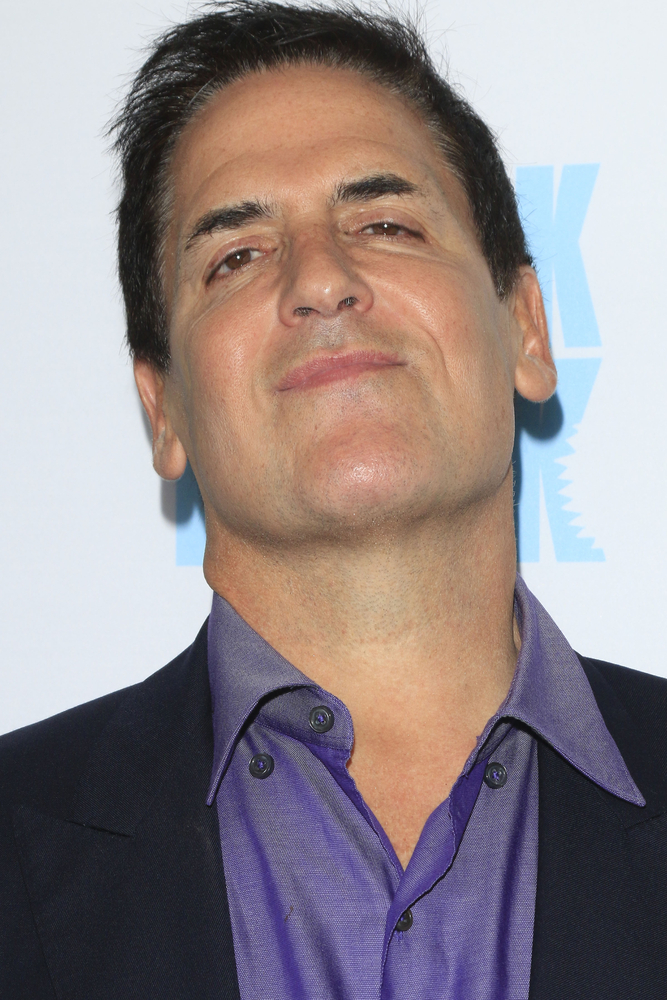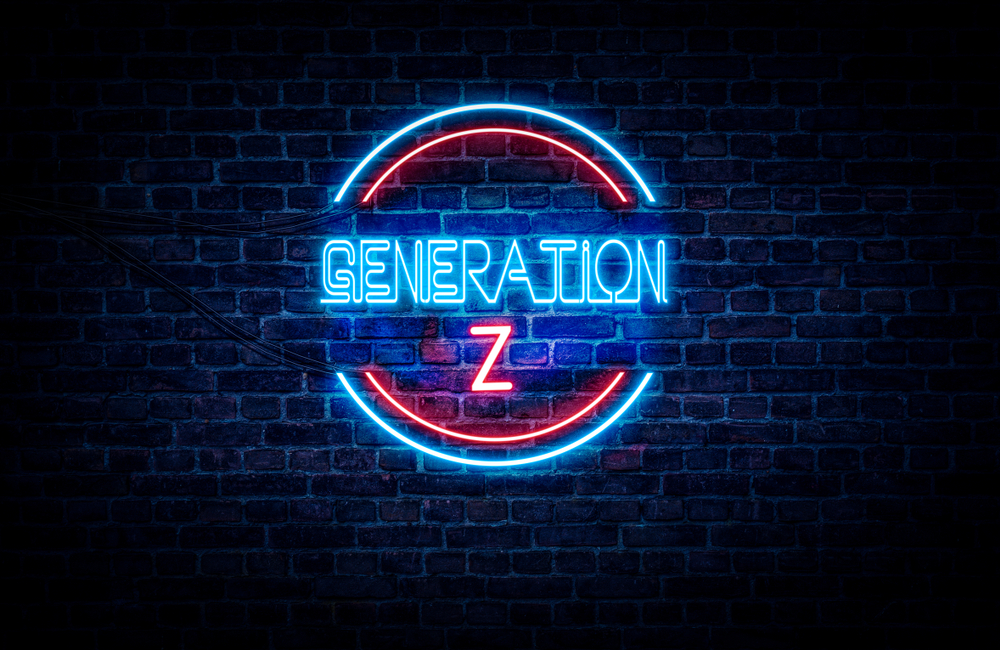greaSanna Marin: Finland PM’s drugs test negative after party video https://t.co/3dNWKNCIN7 pic.twitter.com/jlTk7jOYkG
— Lisa Berardi (@lbsi0561_lisa) September 16, 2022
Weeks before Queen Elizabeth II passed, the buzz in Europe was over Finnish Prime Minister Senna Marin’s partying.
You probably remember seeing the story. Marin is 36 years-old – technically, a Millennial – and the youngest nationwide leader in Europe. She also likes to party. And she was caught by an onlooker in the throes of throwing down, creating something of a controversy, mostly in countries outside of her native Finland.
In the wake of this scandal, Marin ended up apologizing for her behavior, and even took drug tests to ensure her critics – many of whom could not pass the same tests – that she was exuberantly partying without the aid of illegal substances or pharmaceuticals.
The reactions to this alleged affront to governmental leadership generated headlines like this one around the world:
“Sanna Marin: How much partying is too much for a leader?”
It was published by BBC writer, Elsa Maisman, who pointed out that Marin was literally acting her age…or generation with her behavior.
And it’s interesting that more typical behavior from the world’s heads of states – shooting animals for sport, for example – is deemed perfectly acceptable, especially because it’s been happening for centuries and it is most likely to be male leaders doing the hunting.
Come to think of it, government heads have been attending parties over the years. Perhaps they’ve been more discreet about their gatherings, and they were fortunate to be partaking in this behavior in an age before everyone carried a camera…that is, smartphones.
As noted, Marin was contrite after being caught doing the same things many of the rest of us do. But she also offered up this perspective:
“During these dark times, I need some job, light, and fun as well.”
And that sums up her dilemma, but perhaps, most importantly – ours. As Xers, Boomers, and members of the Greatest Generation (those born before 1946), many of us struggle to understand the behavior of those younger than us.
And as Queen Elizabeth II is put to rest today, it might dawn on us she was always discreet enough to avoid the parties like the one Marin attended. (Her grandchildren, for example, probably not.) After all, she defined the Greatest Generation.
Since this “incident” occurred, stirring up the world press as well as tongue-waggers everywhere, I have been thinking long and hard about young people and their place here in America and in the world.
 And in order to do this, I have to purposefully go counter to my admonition in today’s blog post title. Some generalization about Generation Z would be most welcome in radio broadcasting circles, an industry that has had precious little to do with them up to this point.
And in order to do this, I have to purposefully go counter to my admonition in today’s blog post title. Some generalization about Generation Z would be most welcome in radio broadcasting circles, an industry that has had precious little to do with them up to this point.
Gen Z – like teens over time – are often misunderstood by their parents, their grandparents, and their elders. That is true in broadcast radio where the industry has never made much of an effort to include them in strategic planning.
Like thirtysomething Marin, they are frequently criticized for any number of offenses. A few weeks back, I wrote a post about the “quiet quitting” phenomenon, and received comments that pointed fingers at Gen Z’s for their lack of work ethic, their quest for a “work-life balance,” and their desire to continue doing their jobs from home rather than come into the physical office as has traditionally defined the workplace.
I thought about this new “generation gap,” and then ran across a story in Fortune by Steve Mollman about the owner of the NBA’s Dallas Mavericks and longtime “shark.” The title jumped out at me:
“shark.” The title jumped out at me:
“Mark Cuban says Gen Z’s are the real ‘greatest generation” and boomers the most ‘disappointing'”
In the piece, Cuban (a boomer himself), defends today’s teens, also surrounded by technology as he was when the Internet first began to influence our worlds, both real and virtual.
On the one hand, he criticizes boomers for their legacy of sex, drugs, and rock n’ roll, as well as the current state of the world.
Cuban sees Z’s as a generational cohort that has already had to confront life and society-changing events that could only be described as cataclysmic.
Consider the culture shocks of the past several years; the 9/11 attack, the Great Recession, political divisiveness approaching Civil War proportions, climate change, and of course, COVID 19 and its reverberations.
In the Cuban story, the Center for Generational Kinetics is quoted, noting the pandemic “is the generation-defining experience for Gen Z and will impact them for the rest of their lives.”
While we’ve all been affected in myriad ways, keep in mind these teens had to cope with the same sweeping effects as their adult counterparts have – at a much younger age.
Their educational worlds have been rocked more profoundly than any other generation perhaps in world history. Not only were they relegated to telelearning during COVID, the quality of their learning has been drastically altered. They were also the last to be approved for the vaccine, often sent to school as small human litmus tests.
Many have missed out on the social aspects of school, whether it’s K-12 or the college level. And let’s not forget the latest rash of school shootings, impacting their ability to simply participate in their educational endeavors, something every other generation in America has enjoyed.
If you remember hearing parents or grandparents recounting their experiences with the Great Depression in the 1930’s, and World War II a decade later, you might have some understanding and insight into what today’s teens have already endured on the road to adulthood. These events, catastrophes, and milestone moments affect people throughout their lifetimes.
Is it no wonder, then, their incidence rate of anxiety and depression is so high? Medical News Today wrote a story back in March that deserved our attention?

The story is based on a medical review by Dr. Matthew Boland, written by Alicia Sparks Akers. While acknowledging the mental toll taken by COVID, the authors note Gen Z’s are more likely than older generations to seek professional health to help them cope with the stress.
A research study from the American Psychological Association is aptly named “Stress in America Survey.” It reports high stress levels overall, complemented by a rise in suicide rates, the separation/deportation of immigrant and migrant families, and high levels of sexual harassment and assault.
Given Gen Z’s huge size and diversity, why isn’t this influential group being more thoroughly researched by the radio broadcasting industry? Why will radio most definitely fall behind in measuring and marketing to a mass audience that is close in size to the “mother of all generations,” Baby Boomers?
Their media use is off the charts. And it should come as no surprise that radio broadcasters will be sure to miss the phenomenon that can ultimately sustain the industry if it doesn’t adapt its strategy.
There is nothing to believe Gen Z’s will ever come back to radio at some point down the road, even if radio does everything it can to cater to them. Most were never listening to begin with.
But given that content creation knows no bounds, other media, platforms, and collaborations are all within the realm of possibility.
 Over this past weekend, the New York Times ran a telling story, “For Gen Z, TikTok is the New Search Engine.”
Over this past weekend, the New York Times ran a telling story, “For Gen Z, TikTok is the New Search Engine.”
Like the title of the story implies, tech journalist Kalley Huang talks about the next level of mass disruption in media, thanks to today’s teens. They are using TikTok as a key search and discovery engine, supplanting the long-time leaders in the space.
And as you’d expect, that news has the incumbent on edge. Google SVP noted this interesting research tidbit at a tech event this summer:
“In our studies, something like almost 40% of young people, when they’re looking for a place of lunch, they don’t go to Google Maps or Search. They go to TikTok or Instagram.”
Along the way, Huang quotes 22 year-old Jayla Johnson who articulates her use of TikTok in ways that should scare the bejesus out of Google’s brass:
“(TikTok) knows what I want to see. It’s less work for me to actually go out of my way to search.”
For any medium or platform to ignore Gen Z’s at this point is tantamount to turning away from the climate crisis and its impacts.
For starters, radio broadcasters (with collaborative help from funding groups like the Corporation for Public Broadcasting on the public radio side to the NAB/RAB for the commercial radio community) need to come together, something rarely done. Maybe Nielsen plays a role here, too.
It might lay out like this:
- Recognizing the challenge
- A commitment to focusing on Gen Z
- Conducting relevant, comprehensive research
- Devising a strategy
- Searching out collaborations/partnerships
- Implementation industry-wide or via individual companies/players
The central pathway, “follow the money,” is always great advice for identifying opportunities.
In this case, recognizing this moment in the entertainment and information cycle is of paramount importance. It’s staring at us in neon lights. 
Gen Z is a collection of consumers like every generation that’s come before it.
In this case, a large generation with a unique set of experiences, challenges, and opportunities.
Continuing to ignore them would be a fatal flaw that would seal radio’s road to irrelevance.
Us Boomers, in particular, would be wise to stop overgeneralizing Gen Z’s, and make every effort to understand and embrace them.
- In Radio, You Just Never Know - April 17, 2025
- The Secret To Making A Great Podcast (And Great Radio) - April 16, 2025
- I Read The (Local) News Today, Oh Boy! - April 15, 2025




Boomers are mostly out of the radio picture already. The youngest Boomers are nearing 60. The oldest Boomers are well into their 70s. Their children are a mix of Gen-X and Millennials. The Millennials were the ones that sparked the “OK Boomer” epithet. Gen-Z are largely the children of Gen-X parents. Gen-Z often sees Boomers as their somewhat dotty but benevolent grandparents. Marin is technically a Millennial raised under quite non-traditional circumstances. At this point, it’s up to the Gen-Xers to figure out their own children. Hasn’t it always been that the chicks create reject their parents as they prepare to leave the nest? Radio’s biggest problem is that several of the biggest players are treating terrestrial radio like they’re repeaters for satellite-fed formats that are not particularly innovative and largely ignore connecting to local listener and local culture. They’ll be the first to give up towers and transmitters in favor of apps and smart speakers.
Recognizing that “climate change” in the radio industry is a microcosm of the macrocosm that’s challenging our planet is brilliant. Especially bracing, however, is seeing the possible outcome at either level: extinction.
I was going to point out, Brian, that I wrote an entire blog post about generational differences and didn’t include a single reference to Xers. I don’t omit them intentionally – they just don’t (IMO) play much of a role here. That said, I will likely hear from a number of them who feel excluded or will tell me Boomers (like yours truly) have been ignoring them their entire lives. That’s why I love your charge to them to figure out what the hell their kids are doing because they’re certainly very interesting.
Per your comments about “radio’s biggest players,” you are spot on. There IS room to innovate. At this point, leadership is putting their chips elsewhere.
That six point list you included is both on the money and true comedy. It would be a great plan radio could use to reach Gen Z, but there is virtually no chance that it (radio) would do any, much less all of it. The thought is laughable.
I wish I had a dollar for every time I heard a boomer grumble about how hard it is to communicate or “reach” Millennials and Gen Z. Those comments explain the “OK boomer” mind set and how out of touch many boomers are. Gen Z’s and Millennials are the majority now and are taking over, so the radio business and still employed Boomers would do well to recognize that.
I agree that its probably too late for radio and Gen Z to come together, but Fred’s plan could work. Radio still has a lot of good branding and creative people and most are much younger than the people that fired them. It’s shocking to me that no one is willing to take that step. OK Boomers.
I like the way you put this today, Bob. And it raises the question of whether this blog if comedy or drama. (Dramedy?)
First and foremost, we need to find a way to attract Gen-Z folks into our business. The lure? They can teach US about them and we should be open about that. Allow them to help shape our industry’s future and not just discount them as “newbies”. Thanks for continuing to talk about this, Fred!
John, for some people, I’m a broken record. But to not recognize what’s at stake for radio is to be irresponsible (IMO) about you’re leaving the industry for your replacement. Thanks for putting up with this.
I’m beginning to wonder if certain big box operators feel like there might not be replacements on the horizon. ie…they’re playing it like it is end times already. How else do you explain some of their decisions over the last decade?
Steve, no argument from me. Some of the decisions run counter to my logic. But I’m not “in the room where it happens” for many of these companies.
As a 4 decade plus industry vet with three offspring 20-26, I’ve, so far, not found a way to make the medium attractive to them. The answer I typically get in one fashion or another is, everything offered on radio is available without commercials on the device in the palm of my hand (smart phone). Obviously, this is without a discussion on the long absent personalities to stitch it together for them. Perhaps radio will become some sort of conjured nostalgia for them? FM will become like vinyl or the cassette and will be cool? That seems like diminishing relevance at best. Subconsciously, people don’t care where their entertainment comes from (local/non local), it just has to be entertaining/relevant to them. What the big box operators have failed to realize or simply ignore out of convenience is that big name national talent can be just as non-entertaining (ie non relevant) as marginally talented jocks in anywhere, USA.